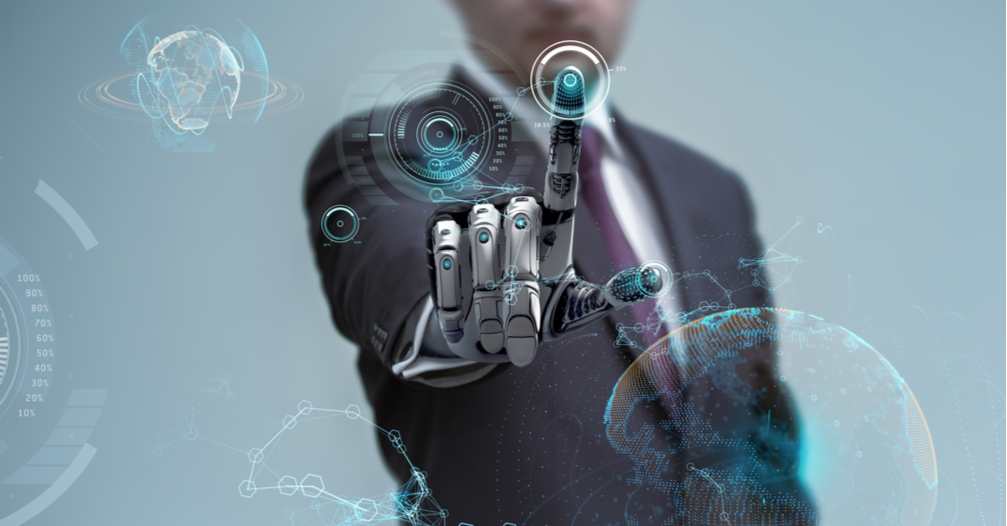How technologies like AI, VR, and wearables are shaping the future of work
- Wearable technology improves employee safety and productivity
- Lifelong learning is essential for success in the digital workplace
- How technology is changing workforce management
- The future workplace is remote
- Is the gig economy the future of work?
- The rise of AI recruitment
- The changing role of the manager
Technology has had a major impact on the way we work. More and more basic, repetitive tasks are being automated. It’s important that we rethink our roles and learn new skills. How do we change people and organisations and how do we get the employee of the future on board with these changes? What will our jobs and work in general look like in the future? New working models will emerge, the quantified workplace will precisely measure our performance, and existing hierarchies will start disappearing. 21st century skills will be indispensable in the future and we’ll increasingly transition from permanent contracts to the gig economy. Thanks to VR and hologram technology, we will be able to work remotely with people from all over the globe.
Wearable technology improves employee safety and productivity
How do we understand what makes one staff member perform better than another, and how do we create a more efficient and productive workforce? By getting a better sense of the employee experience. Thanks to advancements in IoT and sensor technology, as well as the proliferation of mobile devices and wearable tech, companies can easily access near limitless amounts of data about the activity, health, and wellbeing of their employees. This information can be used to identify trends and make adjustments that will make employees happier, healthier, and – best of all – more productive.
#future of work #hologram technology #remote working #vr #ai
